Finding good rehab resources in Virginia can change your life. They provide structured care and support for lasting recovery from substance abuse.
If you or a loved one is struggling with addiction, it can be overwhelming to know where to start when seeking help. It is common to feel confused, uncertain about your next steps, or even anxious about what lies ahead.
That’s normal. Asking for help is a big and brave move. It is often the most important step. But here’s the truth: recovery might be closer than you think.
In Virginia, there’s a wide range of resources designed to help you break free from the hold of drugs or alcohol. If you need detox programs to safely clear substances from your body, Virginia has options for you.
You can also find counseling to help you deal with the emotional challenges of recovery. These services meet you right where you are. There’s no one-size-fits-all approach; it’s about finding what works for you.
In Virginia, numerous addiction and mental health treatment centers exist to assist individuals with diverse needs. These centers offer a range of rehab care programs (such as therapy, counseling, and support groups).
Detox (an abbreviation for detoxification) refers to the process of removing addictive substances from the patient’s bloodstream. You can see it as a medical treatment. It also helps to deal with physical drug dependence.
This procedure often involves managing withdrawal symptoms. It can also be an important part of treating a severe drug overdose, known as a toxidrome. Because of its dual purpose, detox plays a vital role in recovery and emergency care.
Inpatient treatment involves staying at a facility, whether part of a hospital or a specialized rehab clinic. You’ll receive therapy during the day or evening and sleep at the facility overnight.
Inpatient treatment can be best for you if:
Depending on your recovery progress, your stay can last from a few weeks to longer.
Features of Inpatient Rehab
Pros and Cons of Inpatient Rehab
Like anything, inpatient rehab comes with its ups and downs. Consider these benefits and challenges before making your decision:
Benefits:
Drawbacks:
Inpatient rehabilitation typically begins with medically supervised detox to guarantee your physical stability. If you need ongoing help, you can go to a residential treatment center.
These centers focus on long-term recovery in a more relaxed environment. They have less control from doctors. Residential care gives people more time to deal with the root causes of addiction. It helps them stay away from daily stress and triggers found at home.
After finishing inpatient or residential treatment, many people join outpatient programs for ongoing support. In these programs, you can practice new coping strategies while still getting professional help.
Outpatient rehab gives you more freedom. You can continue your daily life, like work and family duties while getting support. You don’t have to stay at the center, so it’s a good choice if you want to keep your usual routine.
Features of Outpatient Rehab
Pros and Cons of Outpatient Treatment
Outpatient care has its own set of benefits and challenges. Keep these in mind:
Benefits
Drawbacks:
Outpatient therapy in Virginia generally comes in two main types: Partial Hospitalization Programs (PHP) and Intensive Outpatient Programs (IOP). These options are usually a step down from inpatient care. However, a specialist may suggest them as the best choice for you.
Most people attend outpatient treatment for 3 to 6 months. But if your situation is mild, or you improve quickly, it might be shorter. On the other hand, if your problem is more serious, it could last even longer than a year. In reputable rehab centers in Virginia, the goal is always to provide the right level of care that best suits your needs.
Many treatment centers in Virginia use research-backed behavioral methods, such as:
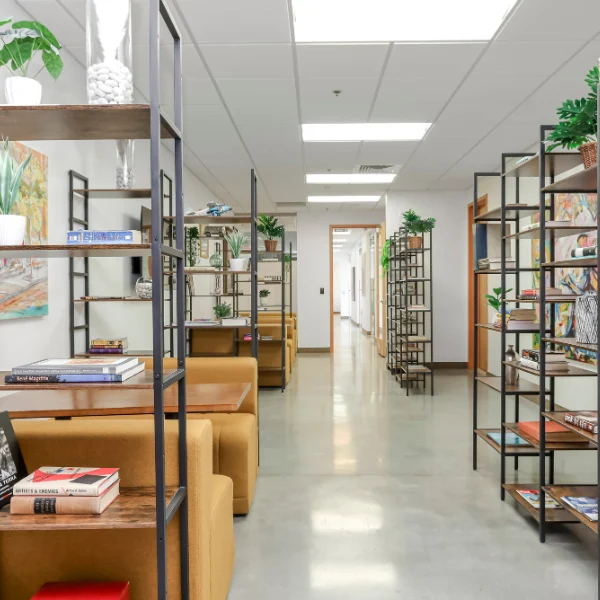
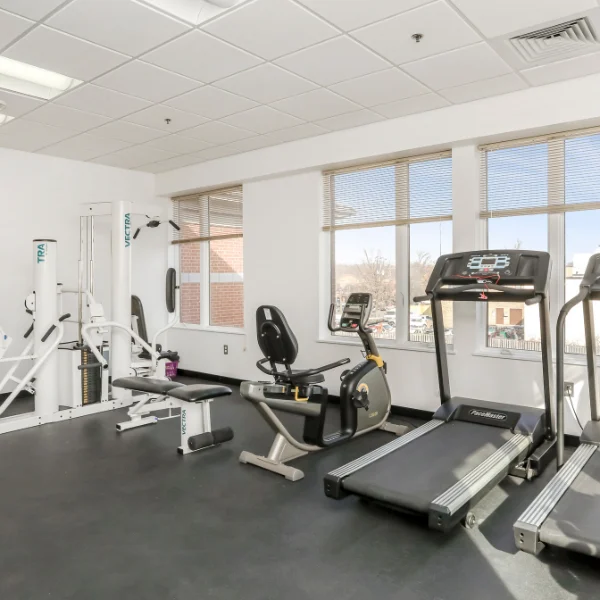
When thinking about getting help for alcohol or drug problems in Virginia, you might first ask, “How much will this cost?” The idea of going to rehab can be scary for many people. However, knowing the costs can help ease some of that worry.
Many rehabilitation centers in Virginia and other places do not share their pricing plans openly. There is a good reason for this.
Each person’s circumstances vary, and your requirements may differ significantly from patient to patient. That’s why the price may vary based on the type and level of assistance you require. Here’s a simple overview of what you might anticipate regarding treatment expenses in Virginia:
When thinking about getting help for alcohol or drug problems in Virginia, you might first ask, “How much will this cost?” The idea of going to rehab can be scary for many people. However, knowing the costs can help ease some of that worry.
Many rehabilitation centers in Virginia and other places do not share their pricing plans openly. There is a good reason for this.
Each person’s circumstances vary, and your requirements may differ significantly from patient to patient. That’s why the price may vary based on the type and level of assistance you require. Here’s a simple overview of what you might anticipate regarding treatment expenses in Virginia:
Average Rehab Costs in Virginia
The average cost of drug and alcohol rehab in Virginia is around $55,475 for someone seeking treatment. This figure varies based on several factors but is a good starting point.
Inpatient Treatment (30-day stay)
Outpatient Treatment (30-day program)
These estimates are based on a 30-day program compiled by the NCDAS (National Center for Drug Abuse Statistics). Keep in mind that these numbers are only rough averages and can vary based on:
In Virginia, many treatment centers accept private insurance. If you meet the requirements, Medicare and Medicaid can also help pay for some costs. Some centers even offer payment plans or ways to help you pay over time if you can’t pay everything at once.
To effectively tackle addiction and its serious effects on our communities, we must understand the patterns of substance misuse. Right now, however, the situation appears grim.
The growing use of alcohol, tobacco, illegal drugs, and even prescription drugs is a serious concern. Government reports keep highlighting this issue. Although efforts are being made, this issue remains pressing.
The table below shows important addiction statistics for different age groups. It helps us understand the substance abuse problems faced by Virginians aged 12 and older.
Usage Overview
1,409K used in the past year- 957K used in the past month
135K used in the past year
26K used in the past year
174K used in the past year
30K used in the past year
194K misused in the past year
204K misused in the past year
3,670K used in the past month- 1,551K binge alcohol users in the past month
165K (ages 12-20) used in the past month
1,301K used in the past month- 991K cigarette users
1,224K had a substance use disorder (SUD) in the past year
794K had an alcohol use disorder
607K had a drug use disorder
140K had an opioid use disorder
These numbers show how important it is to work harder on preventing, treating, and educating about addiction in Virginia. The clear evidence shows that we need to take action to deal with the underlying problems and support those who are impacted.
Our caring professionals are standing by around the clock, ready to address all your questions.
Many recovery support groups exist these days. However, AA (Alcoholics Anonymous) and NA (Narcotics Anonymous) are the most common, playing a vital role in helping individuals maintain their sobriety. Virginia offers a wide range of meetings throughout the state.
This is just a sample of the many recovery meetings available across Virginia. It gives you a quick glimpse of the day, time, meeting name or platform, and location to help you find the best option.
Fairfax Serenity
7:00 PM
123 Main St
Fairfax
Evening Reflection
8:30 PM
222 Willow Ct
Vienna
Midday Peace
12:00 PM
1007 Cypress Ave
Fairfax
Hope in Fairfax
6:30 PM
456 Oak Ave
Fairfax
Sunrise Serenity
7:00 PM
333 Poplar St
Falls Church
Afternoon Light
5:00 PM
1001 Magnolia St
Fairfax
Night Owls
8:30 PM
1008 Elmwood Dr
Vienna
Healing Together
8:00 PM
789 Pine Blvd
Fairfax
Daily Progress
9:00 AM
444 Birch Way
Annandale
Evening Growth
7:30 PM
1002 Beech Ln
Vienna
Gratitude Circle
7:00 PM
1009 Redwood Lane
Fairfax
Together We Stand
7:30 PM
321 Elm Dr
Fairfax
Fairfax Recovery
6:00 PM
555 Sycamore Ln
Fairfax
Daily Renewal
9:00 AM
1003 Alder Blvd
Fairfax
Twilight Journey
5:30 PM
1010 Sequoia Rd
Falls Church
Courage to Change
6:00 PM
654 Cedar Lane
Fairfax
Living Sober
8:00 PM
666 Redwood Blvd
Fairfax
Stepping Stones
7:00 PM
1004 Hickory Rd
Falls Church
Fresh Start
10:00 AM
987 Maple Rd
Fairfax
New Horizons
11:00 AM
777 Spruce Ct
Vienna
Weekend Hope
3:00 PM
1005 Chestnut St
Fairfax
One Day at a Time
4:00 PM
111 Walnut St
Fairfax
Pathways
2:00 PM
888 Dogwood Dr
Falls Church
Early Morning Joy
10:00 AM
1006 Fir Ct
Annandale
First Trinity Lutheran Church
12:00 PM
309 E Street NW
Washington
Emory Shelter
12:00 PM
1725 Lincoln Road NE
Washington
DuPont Circle Club
12:00 PM
1623 Connecticut Avenue NW
Washington
Mount Olivet
6:00 PM
1306 Vermont Avenue NW
Washington
Walker Memorial Church
6:30 PM
2020 13th Street NW
Washington
Southern Towers, Ashlawn Building
7:00 PM
4921 Seminary Road
Alexandria
Fairfax Presbyterian Church
7:00 PM
10723 Main Street
Fairfax
Community Lutheran Church
7:30 PM
21014 Whitfield Place
Sterling
United Church
8:30 PM
1920 G Street NW
Washington
Franconia Baptist Church
8:30 PM
5912 Franconia Road
Alexandria
Emory Shelter
12:00 PM
1725 Lincoln Road NE
Washington
Unity Club
7:00 PM
116 B West Broad Street
Falls Church
Lutheran Social Service Building
7:30 PM
4408 Georgia Avenue NW
Washington
Bull Run Unitarian Church
8:30 PM
Corner of Church & Main Streets
Manassas
US Courthouse
12:00 PM
3rd & Constitution Avenue NW
Washington
Neighborhood in Recovery Group
6:30 PM
2000 Alabama Avenue SE
Washington
Alexandria Mental Health
7:00 PM
710 North Saint Asaph Street
Alexandria
Wesley Methodist Church
8:30 PM
5312 Connecticut Avenue NW
Washington
DuPont Circle Club
12:00 PM
1623 Connecticut Avenue NW
Washington
Dumbarton United Methodist Church
7:30 PM
3133 Dumbarton Avenue NW
Washington
New Beginnings
8:30 PM
4211 Walney Road
Chantilly
Calvary Baptist Church
6:00 PM
711 8th Street NW
Washington
Galilee Church
7:00 PM
2252 Minnesota Avenue SE
Washington
Christ Lutheran Church
8:30 PM
8011 Old Georgetown Road
Bethesda
Metropolitan Community Church
7:00 AM
474 Ridge Street NW
Washington
Community Room
12:00 PM
2841-A Robinson Place SE
Washington
Church of Epiphany
7:00 AM
1317 G Street NW
Washington
Delray NA Center
9:00 AM
101 East Glebe Road
Alexandria
Reston Community Center
9:45 AM
2310 Colts Neck Road
Reston
Psychiatric Institute of Washington
10:30 AM
4228 Wisconsin Avenue NW
Washington
Unity Club
12:00 PM
116 B West Broad Street
Falls Church
Another Level Group
1:30 PM
425 Second Street NW
Washington
Join Us Group
2:00 PM
805 Florida Avenue NW
Washington
Rebos Club
4:00 PM
12902 Occoquan Road
Woodbridge
Saint Thomas Parish
5:00 PM
1772 Church Street NW
Washington
First Rising Mount Zion Church
5:00 PM
602 North Street NW
Washington
Chevy Chase United Methodist Church
6:00 PM
7001 Connecticut Avenue
Chevy Chase
Third Tradition Group
7:00 PM
11550 Glade Drive
Reston
Prince William Hospital
7:00 PM
8700 Sudley Road
Manassas
Mount Zion Church
7:30 PM
14th & Gallatin Street NW
Washington
Arlington Presbyterian Church
7:30 PM
3507 Columbia Pike
Arlington
Grace Episcopal Church
8:00 PM
1041 Wisconsin Avenue NW
Washington
Franconia United Methodist Church
8:00 PM
6037 Franconia Road
Springfield
Prince William Hospital
8:30 PM
8700 Sudley Road
Manassas
Please note that the NA and AA meeting locations and times can change often. Always check before assuming these times are still correct.
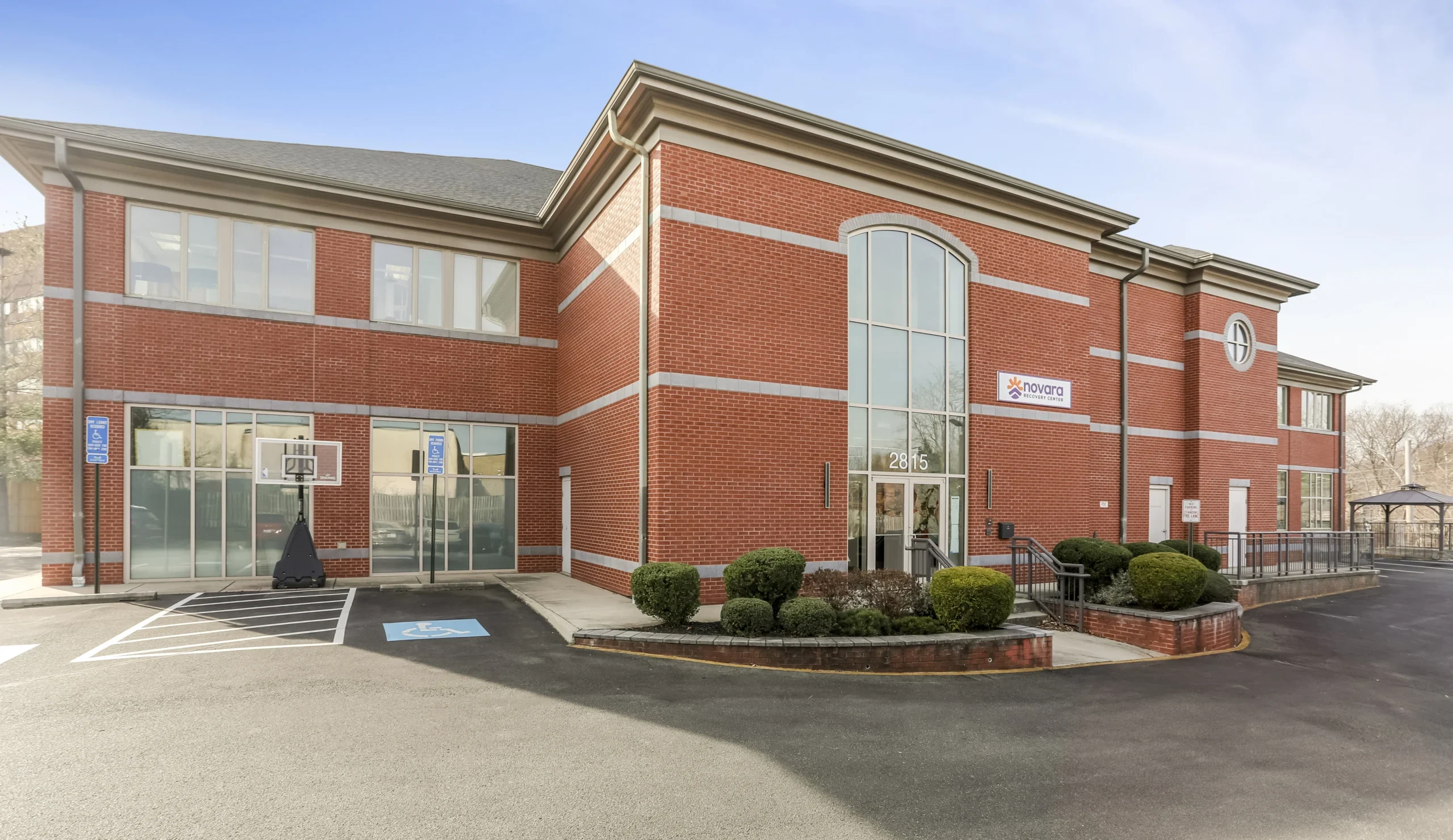
We know that cost is a major factor for most people when seeking treatment for drug & alcohol abuse in Virginia. Novara Recovery Center works with most major insurance plans to help cover up to 100% of the costs associated with treatment at our program. To find out your personal options for treatment, get a free verification of insurance benefits right now by clicking the button below.









Addiction has a way of stripping away the things you once loved, leaving you disconnected from hobbies and activities that once brought you joy. When you are in recovery, especially at the start, it can be hard to find fun activities. You want things that help you stay sober and also make you feel good.
After all, your old definition of “fun” might’ve revolved around having a drink or getting high. It’s a big change, but you can find new, fulfilling ways to enjoy life. You can do this without going back to old habits.
The Crooked Road is more than a pretty drive. It’s a trip into Virginia’s musical culture. It’s a great escape for anyone seeking sober, soul-nourishing fun.
The route through the Appalachian Mountains is 330 miles long. It takes you deep into the mountains, where music shares stories of tradition.
You’ll hear the rich sounds of bluegrass, old-time, and gospel music echoing through the valleys. It’s not just about the tunes—it’s about connecting without the distractions of alcohol or drugs.
Along the way, you’ll encounter:
The Crooked Road provides a calm and healing experience. It is both uplifting and connected to the spirit of recovery.
Arlington National Cemetery is a powerful place of remembrance, honoring over 14,000 service members. The Changing of the Guard at the Tomb of the Unknown Soldier is a moving experience you won’t forget. As you walk through the cemetery, the calm atmosphere invites quiet reflection and a chance to pause and remember.
Arlington National Cemetery: https://www.arlingtoncemetery.mil/#/
For a peaceful, restorative experience, visit the Warm Springs Pools near The Homestead in Virginia. These historic natural hot springs offer a calming soak in water at a soothing 98°F.
The pools are known for their healing properties. They are a great way to relax and recharge. This is perfect for people in recovery who need a break from daily stress.
The Warm Springs Pools
The Appalachian Trail is a scenic and tranquil route extending 544 miles through Virginia. It is not necessary to traverse the entire trail; you can enjoy it for merely a few hours or a whole day.
You will experience sereneness and relaxation. You can visit quaint towns en route, buy food, or merely appreciate the serene and picturesque landscape. It is an excellent location to rejuvenate and inhale fresh air.
Other viable options include:
So, take that next step in your recovery. Embrace these sober adventures to build a life full of purpose and fulfillment. You’ve got this—one day at a time.
Appalachian Trail: https://www.virginia.org/things-to-do/outdoors/hiking/appalachian-trail/
Yes, many rehab facilities in Virginia do accept insurance. In fact, insurance is a key factor in making rehab more affordable for both individuals and families:
Under the ACA (or Affordable Care Act), most insurance policies—even Medicaid—must cover addiction treatment. Insurance plans can help cover rehab costs across the country.
If you have health insurance, you should be able to access rehab services, often for a lower cost, depending on your plan. While coverage can be different, expect some help covering the expenses, wholly or partly.
Yes, many rehab facilities in Virginia do accept insurance. In fact, insurance is a key factor in making rehab more affordable for both individuals and families:
Under the ACA (or Affordable Care Act), most insurance policies—even Medicaid—must cover addiction treatment. Insurance plans can help cover rehab costs across the country.
If you have health insurance, you should be able to access rehab services, often for a lower cost, depending on your plan. While coverage can be different, expect some help covering the expenses, wholly or partly.
Coverage typically includes:
If you meet the right criteria, you might be able to pay for rehabilitation with government insurance programs. These include Medicaid and Medicare.
Medicare is a federal health program. It is mainly for people who are 65 or older. It also helps people with disabilities and those with End-Stage Renal disease.
Medicaid is a program run by both the federal and state governments. It helps pay for health care services. This includes drug addiction rehab and long-term care for eligible low-income people, such as children and families.
However, there are also affordable or free programs in Virginia that you might need to look into. Many nonprofit and government-supported centers provide services at lower costs or for free, depending on your circumstances. While government-funded programs often assist, they usually have lengthy waiting lists and strict rules for who can join. This can make it harder for many people to get help.
If you can afford to pay for healthcare through private insurance, savings, or loans, you’re more likely to get top-tier care in Virginia. Private insurance, for example, can speed up treatment and give you more tailored options. It can pay most, if not all, of your treatment requirements.
These are some commonly asked questions about addiction treatment programs in VA.
The length of treatment varies. Detox can last 7 to 10 days. Inpatient care usually lasts 30 to 90 days. Outpatient programs may last several months.
Yes. Most treatment facilities, including the Novara Recovery Center, focus on addressing simultaneous mental health and substance use disorders.
Yes. Indeed, Virginia has rehabilitation programs tailored for men, women, and LGBTQ+ people. These programs provide a more customized approach, catering to every group’s specific needs and experiences.
Yes, many rehab centers in Virginia have aftercare programs. These programs help you stay on track after treatment. These substance abuse treatment programs include alumni meetings, ongoing therapy, and support groups. They are all designed to give you support as you work to stay sober.
If you or someone you know is having problems with drugs or alcohol, it’s important to get help. This is the first step toward recovery. At Novara Recovery Center in Fairfax, Virginia, we are here to support you throughout this journey.
We’re not just about short-term fixes. We’re focused on long-term recovery solutions that empower you to regain control of your life. Here’s what makes us different:
Choosing Novara Recovery Center is more than just starting treatment. It means joining a caring community that focuses on your long-term recovery. Let’s take this step together.
Written By:
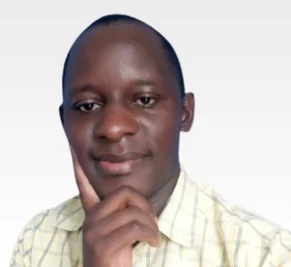
Mental Health Writer
Geoffrey Andaria is a seasoned writer and editor specializing in mental health content. With a B.A. in English and Journalism, he possesses a solid foundation in crafting freelance articles and conducting research. Geoffrey has also completed courses in social work. He dedicates himself to providing valuable and informative content for individuals impacted by mental health challenges and addiction.
Medically Reviewed By:
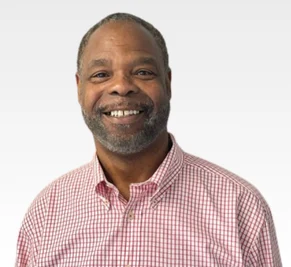
Expert Contributor
Dr. Williams is currently a board member for two non-profit service organizations. He holds a Master’s degree in Human Services from Lincoln University, located in Philadelphia, Pennsylvania.
He possesses a Ph.D. in Clinical Psychology from Union Institute and University, located in Cincinnati, Ohio. He holds a license to offer addiction counseling in both New Jersey and Connecticut. Additionally, he has submitted an application to become a licensed psychologist in New Jersey.
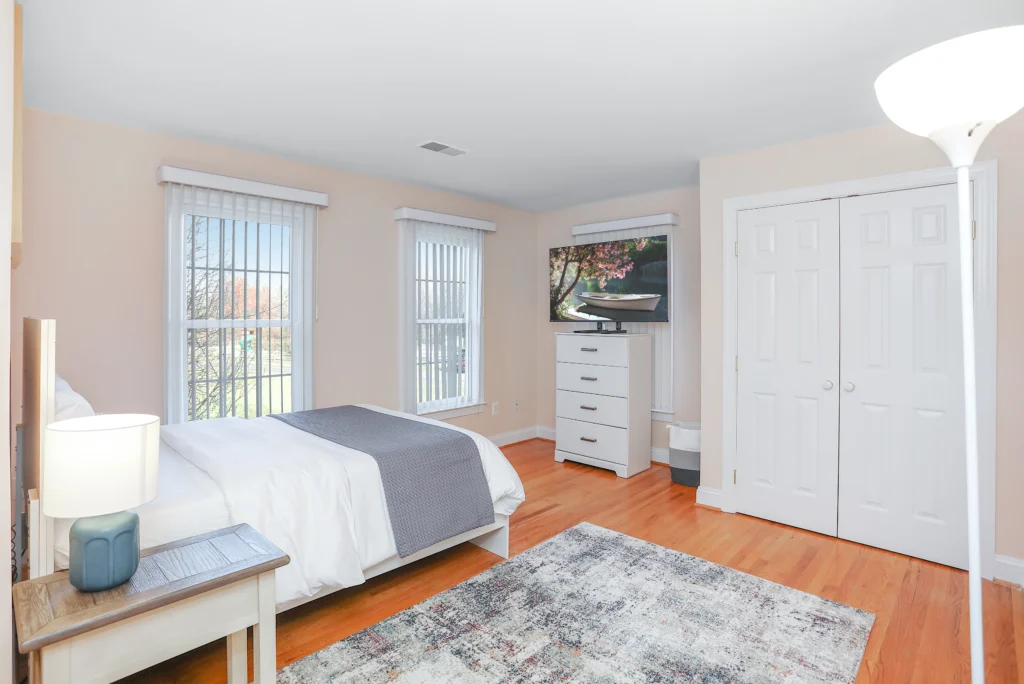
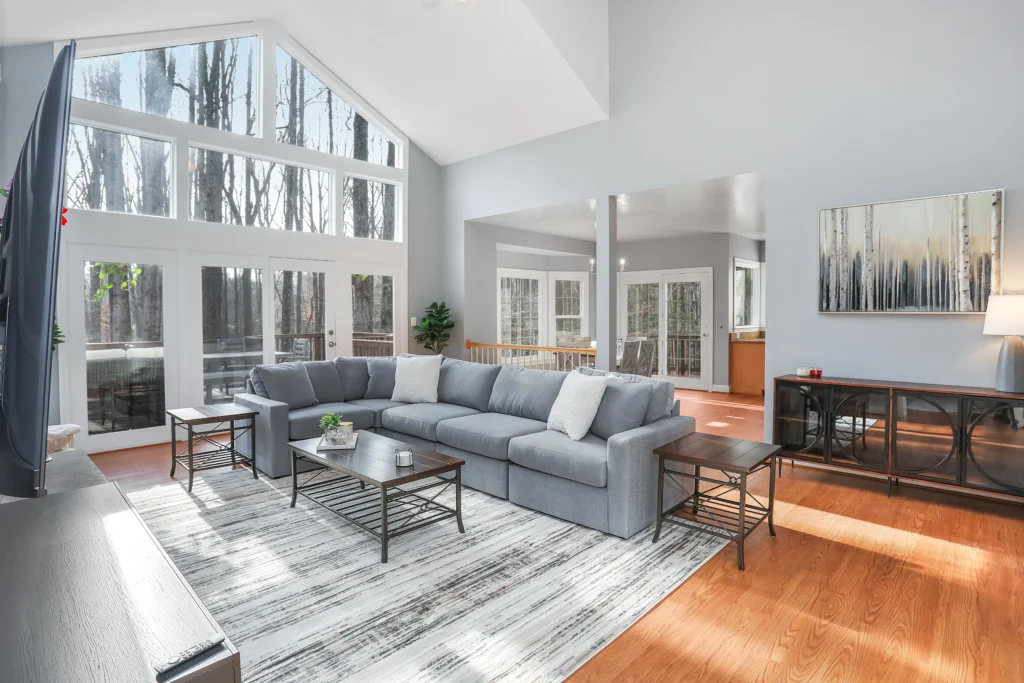
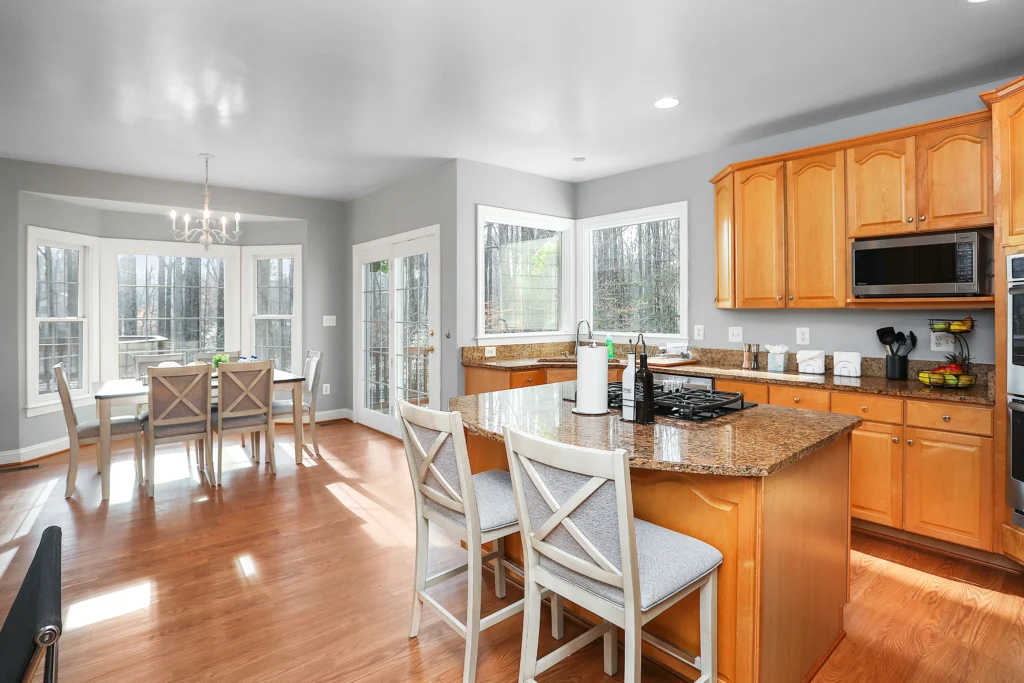

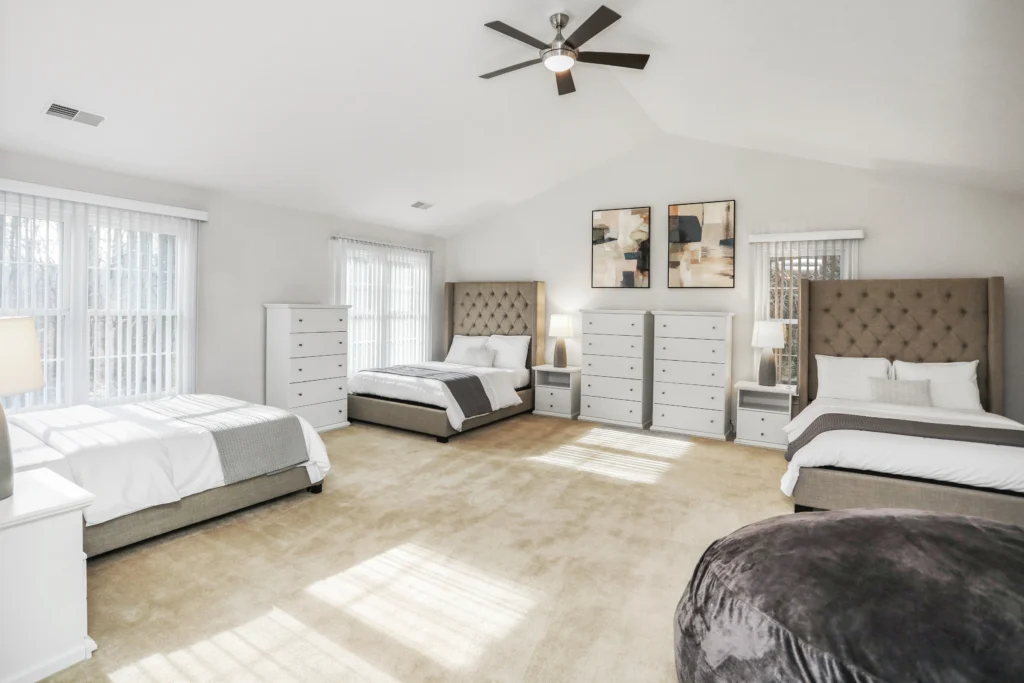
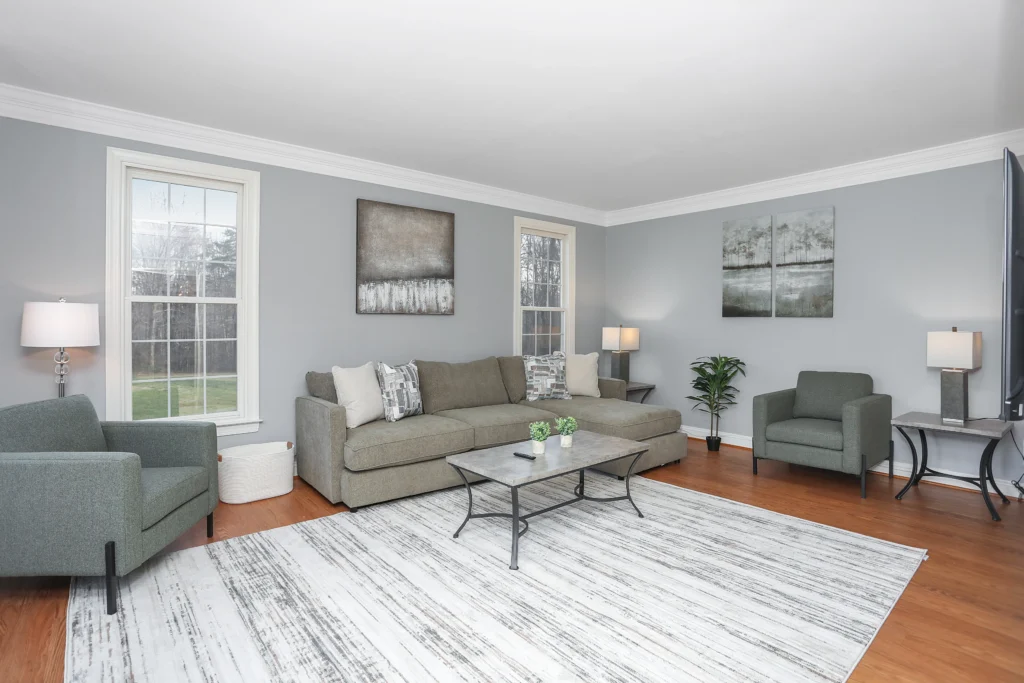
2815 Old Lee Hwy Floor 2, Fairfax, VA 22031